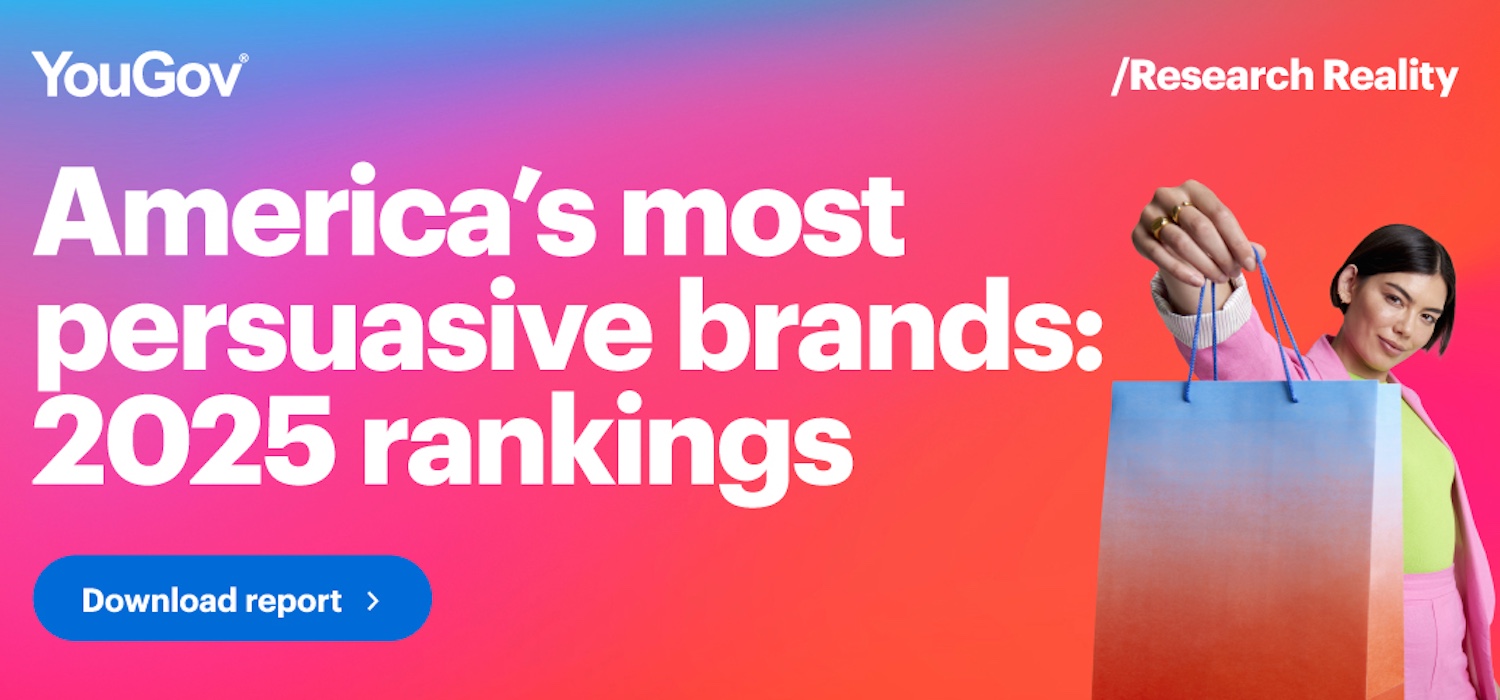
Amazon is the most persuasive brand in the US: YouGov report
- 25.03.2025 14:00
- marketingdive.com
- Keywords: AI, Startup
Amazon is the most persuasive brand in the US, according to a YouGov report. Men are 1.5 times more likely than women to prefer well-known brands. The study analyzed nearly 2,000 brands across industries to determine their effectiveness in converting consumer awareness into purchases.